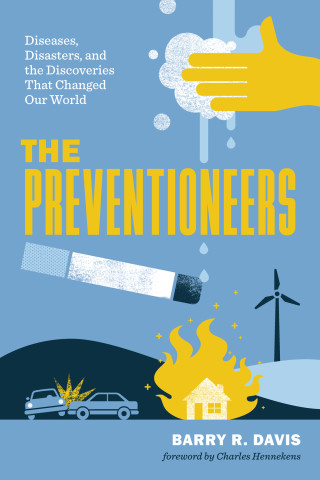
Reviews
Growing Our Moral Imagination is a must-read for anyone who believes health care in this country is broken. Fr. Michael provides compelling insights into the healing ministry of Jesus through contemporary interpretations of the Gospel parables, giving us hope that a reimagined system of health care is possible.
Undoubtedly, this is a timely contribution. Through contemporary parables, the reader is invited to look beyond technical skills and imagine a world where compassion, justice, and human dignity is centered. A masterpiece for anyone striving for personal growth and a more just and humane approach to care.
Fr. Rozier's book re-imagines public health. If taken seriously and lived out, the results could be transformative. Filled with insight, creativity, wisdom, and depth, the book invites us to reconsider our thinking and our approach to others and to our world.
Book Details
Table of Contents
Dedication
Acknowledgements
Author's Note
Introduction
1. The Good Death of Lazarus: Care at the End of Life [John 11:1-44]
2. The Policies of Mercy: Recognizing Power in Collective Action
Table of Contents
Dedication
Acknowledgements
Author's Note
Introduction
1. The Good Death of Lazarus: Care at the End of Life [John 11:1-44]
2. The Policies of Mercy: Recognizing Power in Collective Action [Matthew 25:35-45]
3. The Demons of Anxiety and Fear: Finding Hope with Mental Health [Mark 9:16-29]
4. The Public Health Samaritan: Prevention as a Way to Human Flourishing [Luke 10:29-37]
5. The Dishonest Internet Troll: Accountability to Others in a Digital Age [Luke 16:1-13]
6. Isolation in the House Next Door: The Hidden Costs of Loneliness [John 5:1-15]
7. The Challenge of Welfare: Deciding Who is Deserving of Our Help [Mark 7:24-30]
8. Rehabilitation of Ten Who Are Addicted: Approaching Modern Day Lepers [Luke 17:11-19]
9. Parable of the International Orchard: Global Medical Missions Done Well [Luke 8:4-15]
Conclusion
Discussion Guide





